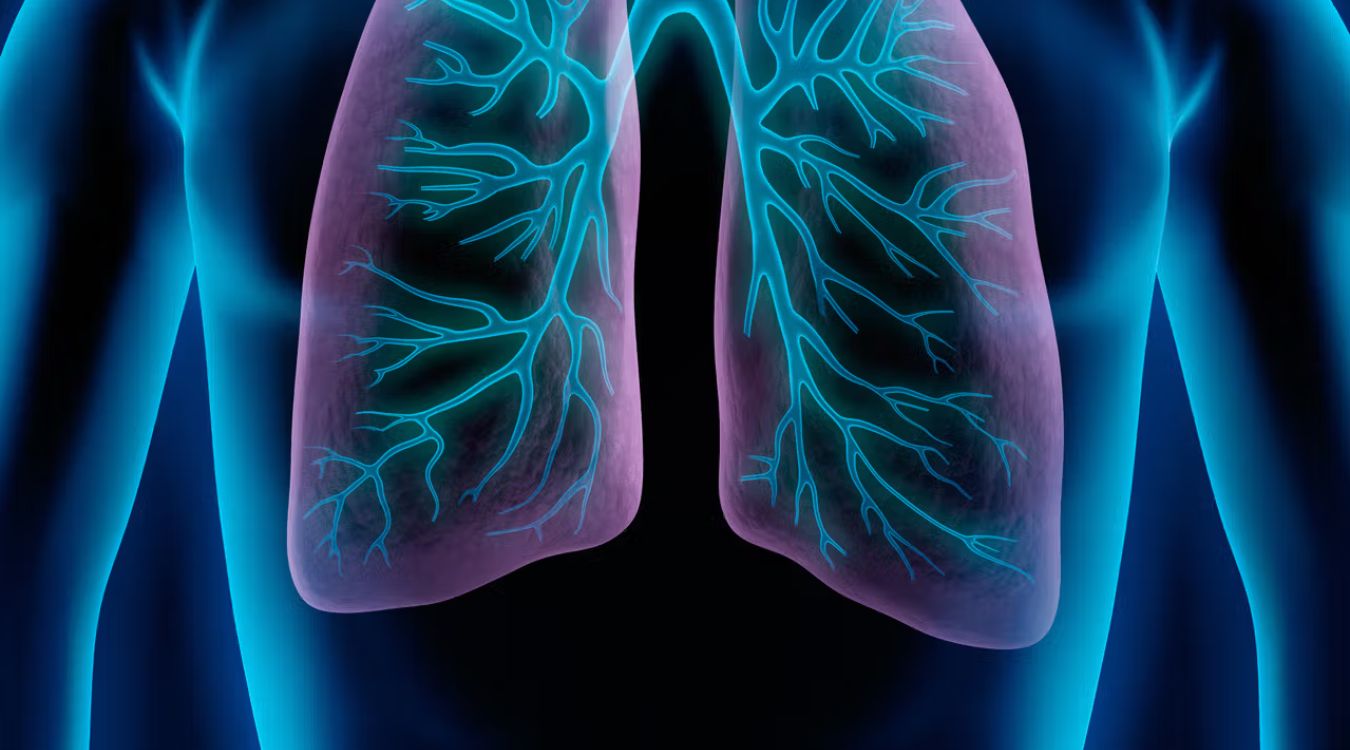
Tsukuhara Syndrome is a rare genetic disorder that affects multiple parts of the body. Characterized by distinctive facial features, developmental delays, and various skeletal abnormalities, this condition can significantly impact an individual's quality of life. Understanding the symptoms and challenges associated with Tsukuhara Syndrome is crucial for early diagnosis and effective management. In this blog post, we will explore 24 essential facts about Tsukuhara Syndrome, shedding light on its causes, symptoms, and available treatments. Whether you are a caregiver, a medical professional, or someone seeking knowledge, these insights will provide valuable information to help navigate the complexities of this rare condition.
Key Takeaways:
- Tsukuhara Syndrome, also known as Kabuki Syndrome, is a rare genetic disorder with distinct physical features and developmental challenges. It is caused by mutations in the KMT2D or KDM6A genes and requires ongoing medical management.
- Early diagnosis and a multidisciplinary approach to treatment, including therapy and regular medical monitoring, can significantly improve the quality of life for individuals with Tsukuhara Syndrome.
What is Tsukuhara Syndrome?
Tsukuhara Syndrome, also known as Kabuki Syndrome, is a rare genetic disorder. It affects multiple parts of the body, leading to a variety of physical, developmental, and intellectual challenges. Named after the traditional Japanese Kabuki theater, the syndrome's distinct facial features resemble the makeup worn by Kabuki actors.
Genetic Causes of Tsukuhara Syndrome
Understanding the genetic basis of Tsukuhara Syndrome helps in diagnosing and managing the condition. Here are some key genetic facts:
- Mutations in KMT2D Gene: Most cases are caused by mutations in the KMT2D gene, which plays a crucial role in regulating gene expression.
- Less Common KDM6A Mutations: Some individuals have mutations in the KDM6A gene, which is involved in chromatin remodeling.
- Autosomal Dominant Inheritance: The syndrome is typically inherited in an autosomal dominant manner, meaning one copy of the altered gene is enough to cause the disorder.
- De Novo Mutations: Many cases result from new mutations that occur spontaneously, with no family history of the disorder.
Physical Characteristics
Tsukuhara Syndrome presents with several distinctive physical traits. These features often aid in early diagnosis.
- Arched Eyebrows: Individuals often have arched eyebrows that are sparse on the outer part.
- Long Eyelashes: Long, thick eyelashes are a common characteristic.
- Large Ears: Ears may be large and low-set.
- Cleft Palate: Some individuals are born with a cleft palate or a high-arched palate.
- Short Stature: Many affected individuals have short stature compared to their peers.
Developmental and Intellectual Challenges
Children with Tsukuhara Syndrome often face developmental delays and intellectual disabilities. These challenges vary in severity.
- Delayed Speech Development: Speech and language development are often delayed.
- Intellectual Disability: Intellectual disability ranges from mild to moderate.
- Motor Skill Delays: Delays in motor skills, such as sitting, crawling, and walking, are common.
- Behavioral Issues: Some children exhibit behavioral issues, including hyperactivity and attention deficits.
Medical Complications
Tsukuhara Syndrome can lead to various medical complications that require ongoing management.
- Heart Defects: Congenital heart defects, such as septal defects, are common.
- Hearing Loss: Many individuals experience hearing loss due to structural abnormalities in the ears.
- Vision Problems: Vision issues, including strabismus and refractive errors, are frequently observed.
- Kidney Abnormalities: Kidney abnormalities, such as hydronephrosis, may occur.
- Immune System Issues: Some individuals have immune system deficiencies, making them more susceptible to infections.
Diagnosis and Testing
Diagnosing Tsukuhara Syndrome involves a combination of clinical evaluation and genetic testing.
- Clinical Evaluation: Diagnosis often starts with a thorough clinical evaluation of physical features and developmental history.
- Genetic Testing: Genetic testing confirms the diagnosis by identifying mutations in the KMT2D or KDM6A genes.
- Prenatal Testing: Prenatal testing can detect the syndrome if there is a known family history or if specific ultrasound findings are present.
Treatment and Management
While there is no cure for Tsukuhara Syndrome, various treatments and interventions can improve quality of life.
- Early Intervention Programs: Early intervention programs help address developmental delays.
- Speech and Occupational Therapy: Speech and occupational therapy are crucial for improving communication and daily living skills.
- Regular Medical Monitoring: Regular check-ups with a multidisciplinary team of specialists help manage medical complications and monitor progress.
Final Thoughts on Tsukuhara Syndrome
Tsukuhara Syndrome, though rare, offers a fascinating glimpse into the complexities of human genetics. Understanding its symptoms, causes, and treatments can help those affected lead better lives. Early diagnosis and intervention are crucial for managing the condition effectively. Genetic counseling can provide valuable insights for families, helping them navigate the challenges that come with this syndrome.
Raising awareness about Tsukuhara Syndrome can lead to better support systems and more research funding, ultimately improving outcomes for patients. While much remains to be discovered, current knowledge provides a solid foundation for future advancements.
If you or someone you know is affected by Tsukuhara Syndrome, seeking medical advice and support can make a significant difference. Stay informed, stay proactive, and remember that every bit of knowledge helps in the fight against rare genetic disorders.
Frequently Asked Questions
Was this page helpful?
Our commitment to delivering trustworthy and engaging content is at the heart of what we do. Each fact on our site is contributed by real users like you, bringing a wealth of diverse insights and information. To ensure the highest standards of accuracy and reliability, our dedicated editors meticulously review each submission. This process guarantees that the facts we share are not only fascinating but also credible. Trust in our commitment to quality and authenticity as you explore and learn with us.


